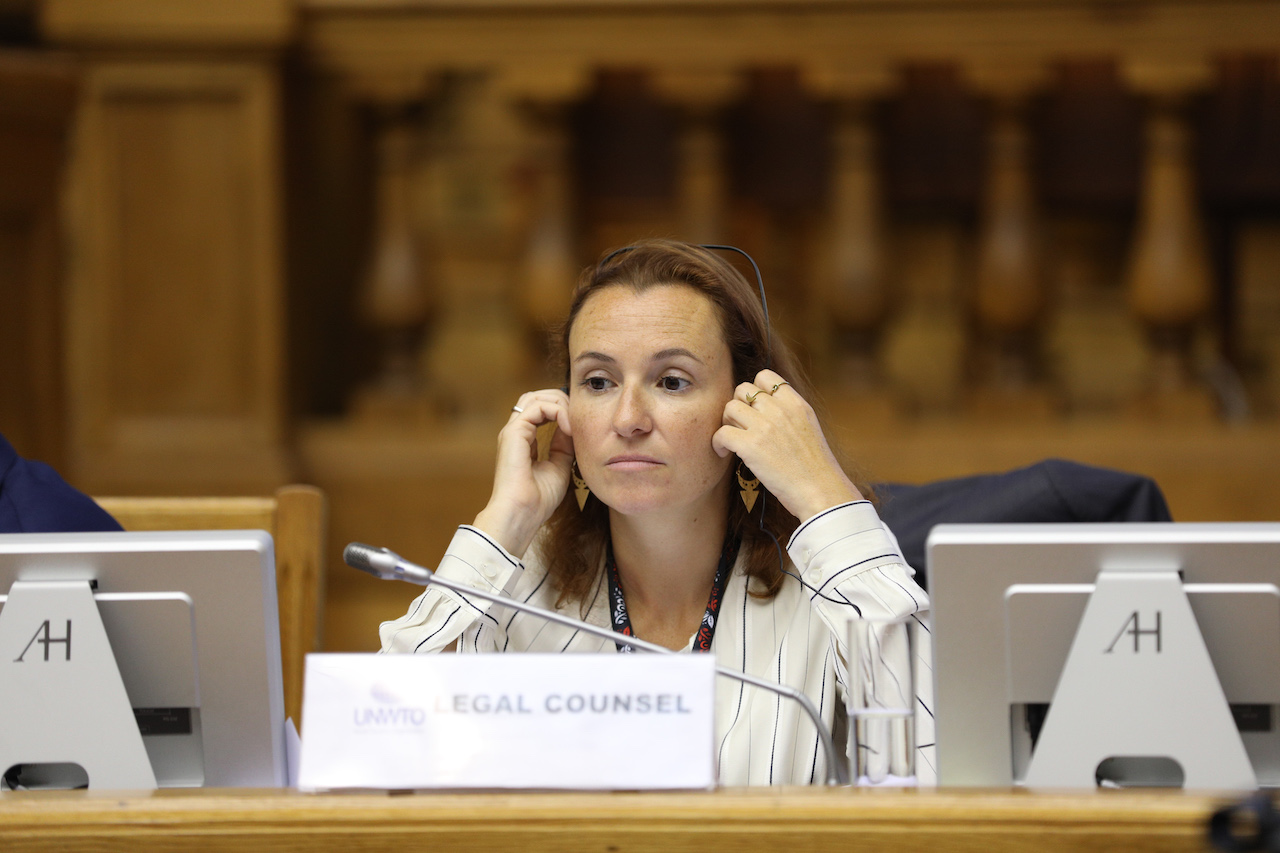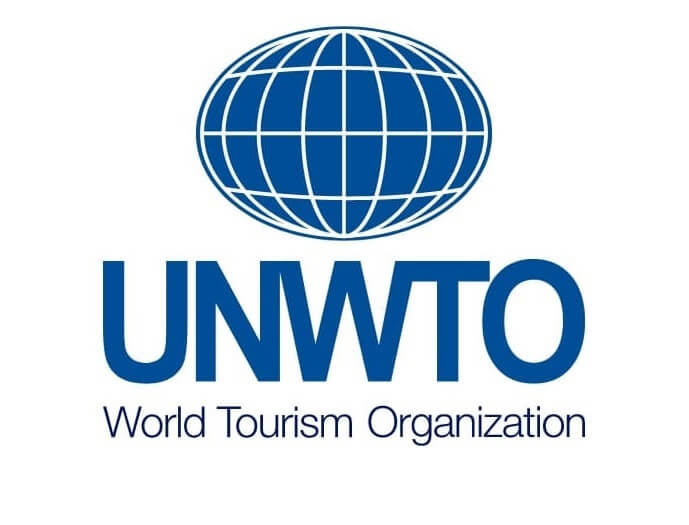The World Tourism Organisation (UNWTO) will this year publish an interim document on a new international code to provide greater legal protection for tourists.
The Executive Council of the UN Tourism Agency has set up an inter-governmental committee to develop this code as one of the pillars that would promote recoveries and one of the very new documents for the COVID-19 world and also for the post-COVID-19 world.
The Committee for the Development of an International Code for the Protection of Tourists has featured the active participation of 97 UNWTO Member States. Together, they have adopted a concrete plan of action to restore tourists’ confidence through a common and harmonized framework.
Currently, in an Observer capacity, other States that are non-Members of UNWTO, international organizations such as the European Commission, ICAO and UNCTAD as well as representatives from the international private sector like IATA, IFTTA and Expedia have been working on this unprecedented initiative to achieve a fairer and balanced share of responsibilities among all tourism stakeholders in the post COVID-19 world.

Legal Counsel to UNWTO, Alicia Gomez speaking on the VA Tourism Podcast said, Chapter One of the Code on recommendations for the assistance to international tourists in emergency situations will soon be published on an interim basis as the Committee continues its work to develop content for the full document that will be submitted to the UNWTO General Assembly which takes place in Morocco in October this year.
“Once the Code is approved by the General Assembly in October then it would become fully operational. The General Assembly would endorse it, the countries would be able to adhere to it and start implementing it. However, we will start publishing on an interim basis, the result of the deliberations of the committee.
“So for instance we will be publishing Chapter one on the assistance for tourists in emergency situations once it is finalized hopefully on the 17th of March so that countries can already use the content because the countries need that right now because this is such a large and representative group that we believe that countries may wish to use what we have already developed as it is being produced and progressively implemented in the respective countries,” she said.
She observed that they are expecting that as they progressively develop this code, the member states start integrating the provisions in their national system, and taking all the necessary measures so that the code is fully implemented in their countries.
She added: “This is not necessarily for the organization, this is necessary for the countries themselves if they wish to provide guarantees to tourists and ensure that tourists are not afraid to travel to their countries at least not because of the fear of not being appropriately protected or taken care of.”
Alicia said the UNWTO hopes to achieve the political commitment of countries to give the code a more legal impetus once we have developed the content and countries see how useful it is to have this document.
“So right now, we are waiting on the idea that we build a code to which countries would be able to adhere on a voluntary basis and which implementation could be monitored by UNWTO. This would not be a legally enforceable document but politically speaking, it would commit Member States and through the General Assembly the countries that have adhered to the code, will be called and reminded about their commitment to it. At the same time, some countries are already discussing the possibility to convert this code into an international convention, I mean a legally binding instrument that would be enforceable for the countries that ratify it.”







